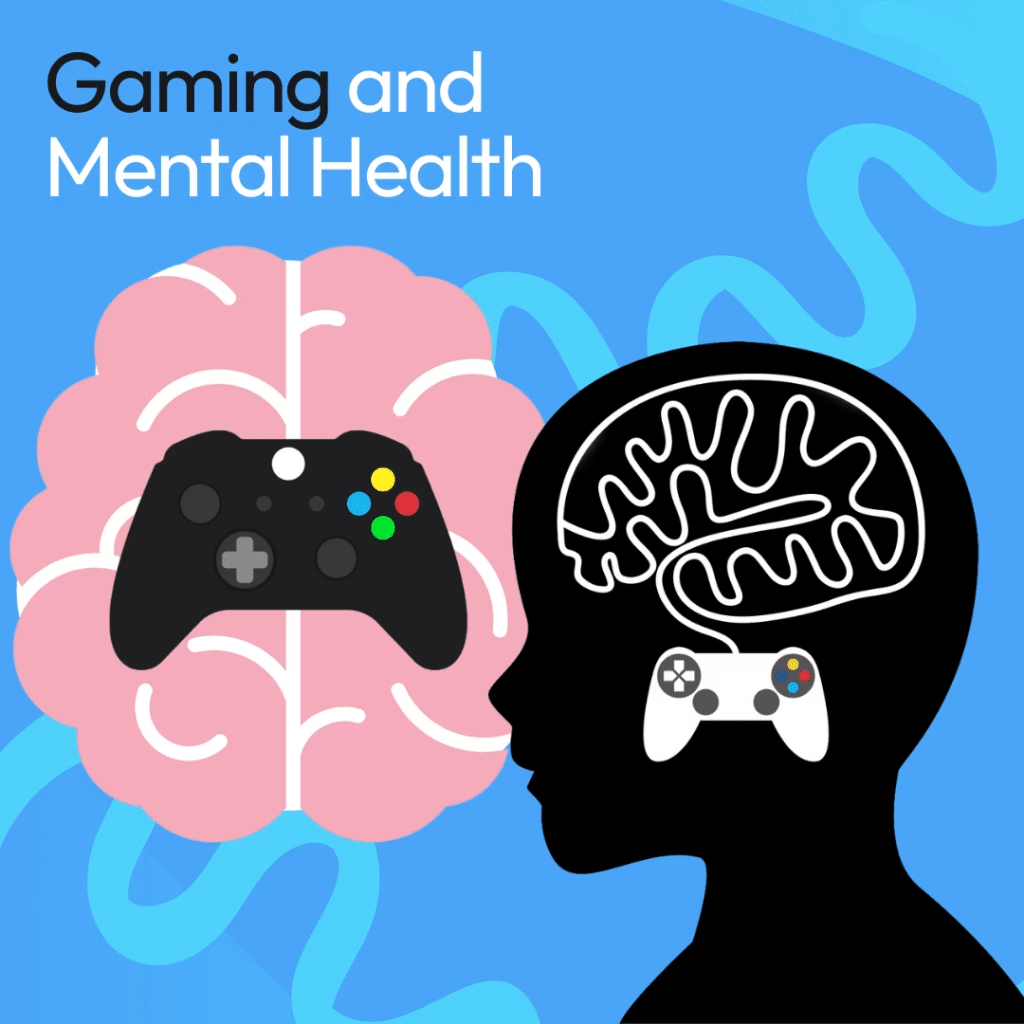Gaming as a Healing Sanctuary for Mental Health
Introduction: Gaming’s Therapeutic Power
In today’s digital era, gaming and mental health aren’t just buzzwords—they’re intertwined for a growing number of people seeking solace and healing. Far from being mere entertainment, video games offer structure, connection, and escape—key ingredients for managing depression and anxiety.
1. A Safe Escape and Sense of Accomplishment
Video games create immersive worlds where small wins matter. Achievements like levelling up or completing a quest offer an immediate sense of accomplishment, combating the low self-esteem often tied to depression. Games like Stardew Valley or Animal Crossing are especially celebrated for their calming pace and soothing aesthetics.
2. Connection Through Virtual Community
Isolation feeds anxiety and depression—but gaming often does the opposite. Cooperative and multiplayer games build communities that offer belonging, camaraderie, and emotional support. Even simple chat with teammates can remind someone they’re not alone—crucial for sustained mental well-being.
3. Mindfulness and Flow States
Engaging gameplay induces a state of “flow”: time blurs, worries fade, and players are fully present. This immersive focus can act like mindfulness therapy, offering respite from intrusive thoughts.
4. Balanced Approach to Gaming Benefits
While research confirms the mental health perks of gaming—enhanced mood, reduced loneliness, and improved emotional regulation—experts caution against overuse. Gaming should complement, not replace, professional support.
At the heart of gaming’s positive impact lies community-driven efforts like Gamers Vs Mental Health—a UK-based initiative that donates 50% of its profits from merch and apparel to mental health charities each month gamersvsmentalhealth.co.uk. Their awesome clothing not only raises funds but raises awareness—reminding us all that healing can start with something as simple as a t-shirt.

